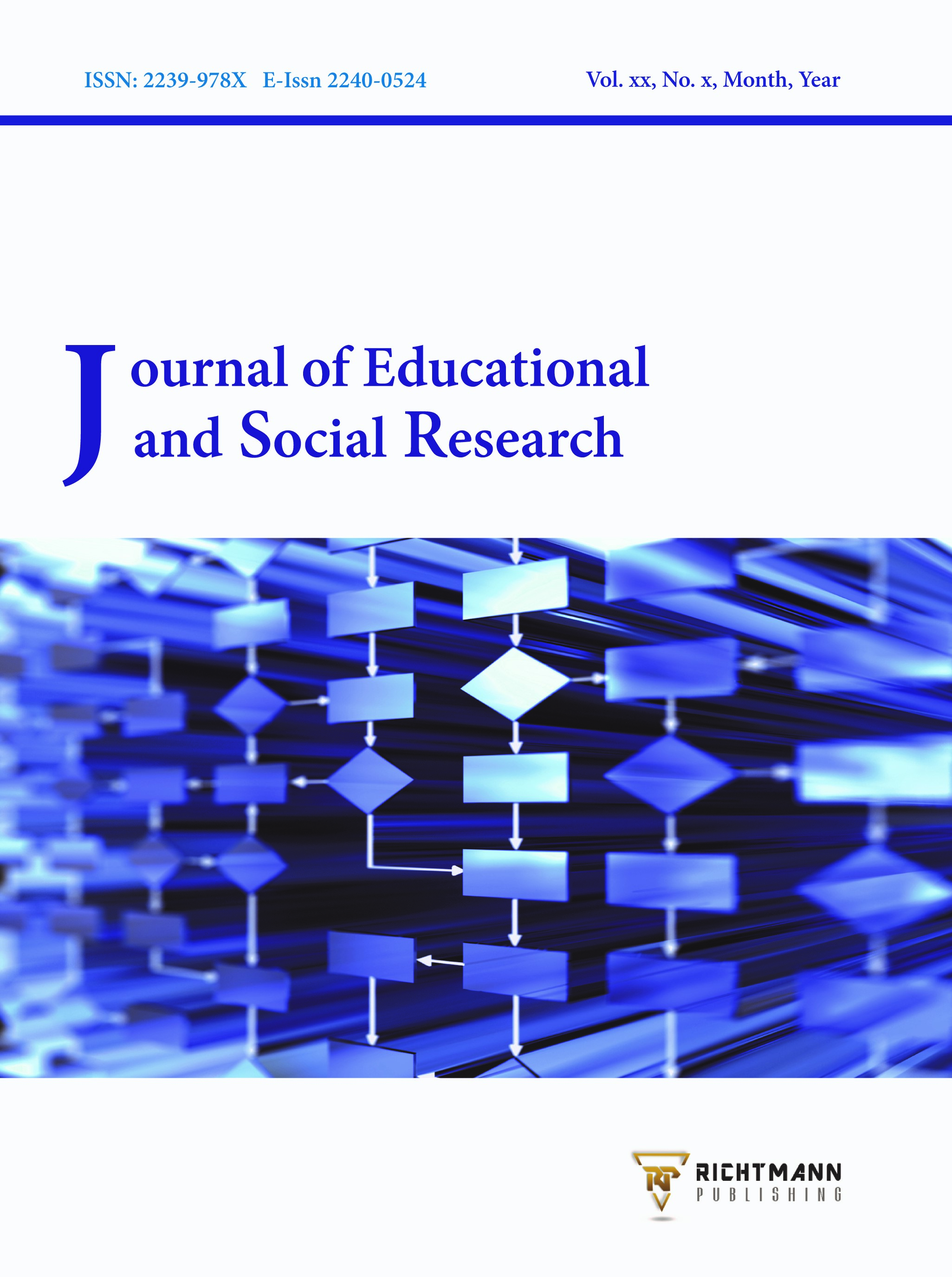The Impact of E-Learning on the Learning Motivation of Jordanian University Students
DOI:
https://doi.org/10.36941/jesr-2023-0139Keywords:
E-learning, Learning motivation, Academic achievement, Teacher-student communication, Interactive learningAbstract
The main objective of this study was to assess the effects of e-learning on the motivation and academic success of Jordanian university students from different disciplines, especially during the COVID-19 pandemic era. The research further delved into understanding the role of e-learning tools, strategies, and teacher-student interactions in influencing these outcomes. The study explored the effects of e-learning on students' motivation across various disciplines. It sought to discern how e-learning strategies and teacher-student interactions affect students' enthusiasm and academic success. A questionnaire was electronically disseminated to 244 students from multiple Jordanian university faculties. Results indicated that e-learning positively influenced students' motivation. The convenience and easy access to resources were reasons students preferred e-learning. It also offered them self-learning avenues, enabling them to develop crucial skills and expand their viewpoints. The diverse educational techniques in e-learning further boosted their eagerness to learn. The study also found that e-learning supported consistent lesson engagement and boosted academic performance. The flexibility of studying at preferred locations elevated their overall results. Effective teacher-student communication emerged as pivotal for e-learning's success. Interactions with instructors during this phase had a favorable effect on their motivation and academic results. The study identified the compelling delivery of content and captivating teaching techniques as primary motivators. Consequently, a key recommendation is to emphasize creating and using interactive e-learning resources and activities, including multimedia, interactive tests, gamification, and group tasks. Such interactive methods can maintain student engagement, support autonomous learning, and nurture a communal spirit in the digital learning space.
Received: 7 June 2023 / Accepted: 23 August 2023 / Published: 5 September 2023
Downloads
Downloads
Published
Issue
Section
License

This work is licensed under a Creative Commons Attribution-NonCommercial 4.0 International License.
This work is licensed under a Creative Commons Attribution-NonCommercial 4.0 International License.









